Like the warmth of the sun, think of attention as the nurturing energy radiating from your eyes. Now think of your emotions as the frequency selector. Some stations are harmonious, raising spirits. Others exude negativity and limitations. Before you pay, give, or focus your attention on your child, your spouse or anyone, even yourself, check the station you’re tuned into.
If you don’t like what you feel or hear in your head, chances are neither will anyone else. Change the channel. Gain control of your frequency. Don’t allow every piece of media, angry driver or stressed boss pick emotions for you. Play some classical music, get some fresh air, hug a tree, whatever centers you and turns you to a positive channel. Tune yourself and your attention will be good for you and beneficial to everyone around you.
Children need attention to grow and they will ask for it until they get it. This continuous need for attention can be draining on parents, who might withhold it because they are busy, tired or just distracted. The disappointment children feel when ignored, frustrates them, and turns them into nagging or whining individuals. Parents, who sometimes even unknowingly ignore their children’s pleas, suddenly find themselves tuned to WHINNY 99. This ritual eventually becomes a standard family dynamic.
A child does not actually plan this out to get this result, as is usually suggested with “negative attention seeking.” Children don’t look that far ahead, they live in the now. That’s why it is so difficult for them to deal with not getting attention when they need it. Not getting it now means not getting it… and in so many ways, children are right.
You can’t give a plant the sun today that it needed yesterday. You can give it sun, but cloudy days will forever remain cloudy, affecting the plant’s growth. Children need sunlight, love, physical contact and attention, everyday. With children, quality counts, but consistency is crucial.
Make sure you connect with your child. Talking to them while doing something else does not make the child the focus of your attention. You will either lose their interest, frustrate them, or you’ll find them competing with whatever it is you’re focusing on.
A mother helping her child with homework while cooking gets upset when the child gets distracted. Yet again, the mother hasn’t even looked at the child because her attention has been on preparing dinner.
GOOD PUPPY Tools help children get attention for good behavior, assuring them a positive response to their need while building their self-esteem through accomplishments.
From
EVERYTHING HAPPENS FOR A REASON
The Little GOOD PUPPY Guide Book for Growing Good Kids
By Gabriel Tito, RMFT & Marina Tito
Learn more about the
GOOD PUPPY Children Behavioral & Emotional System



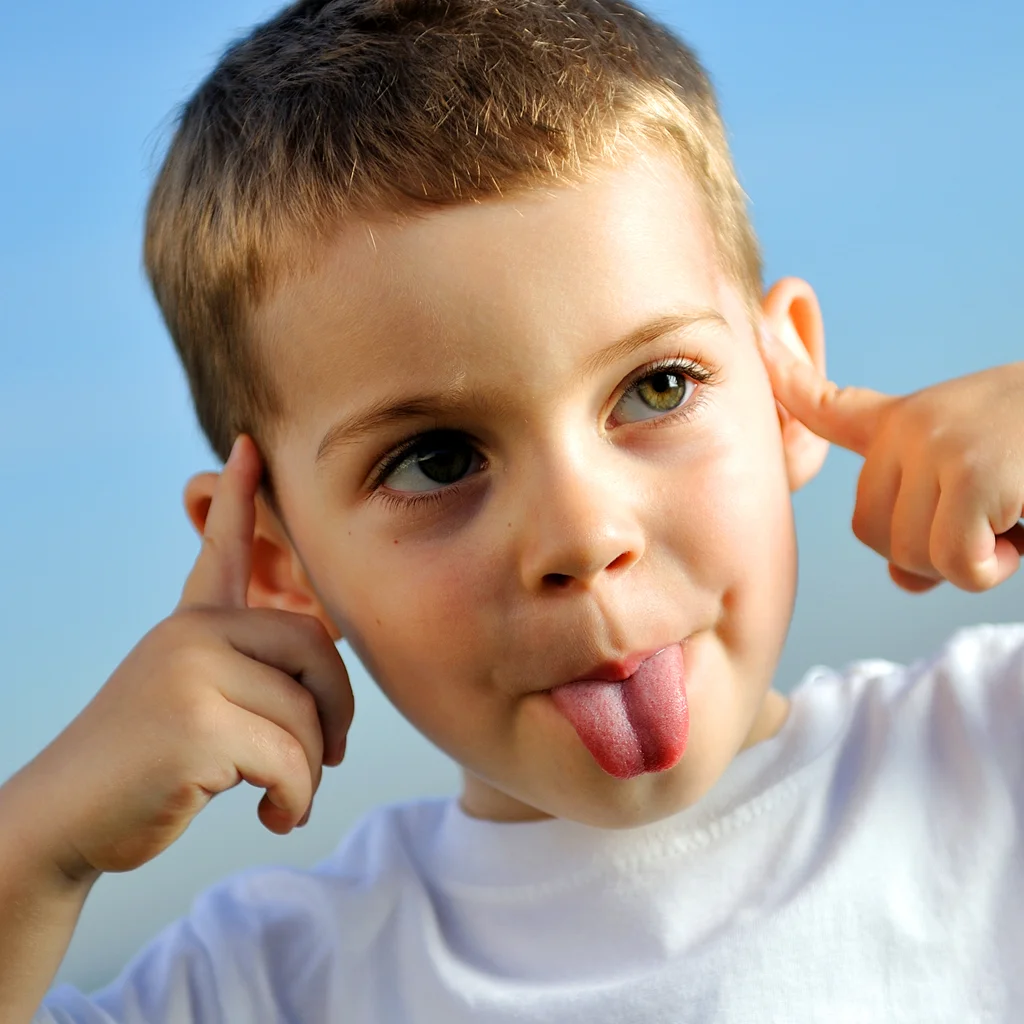





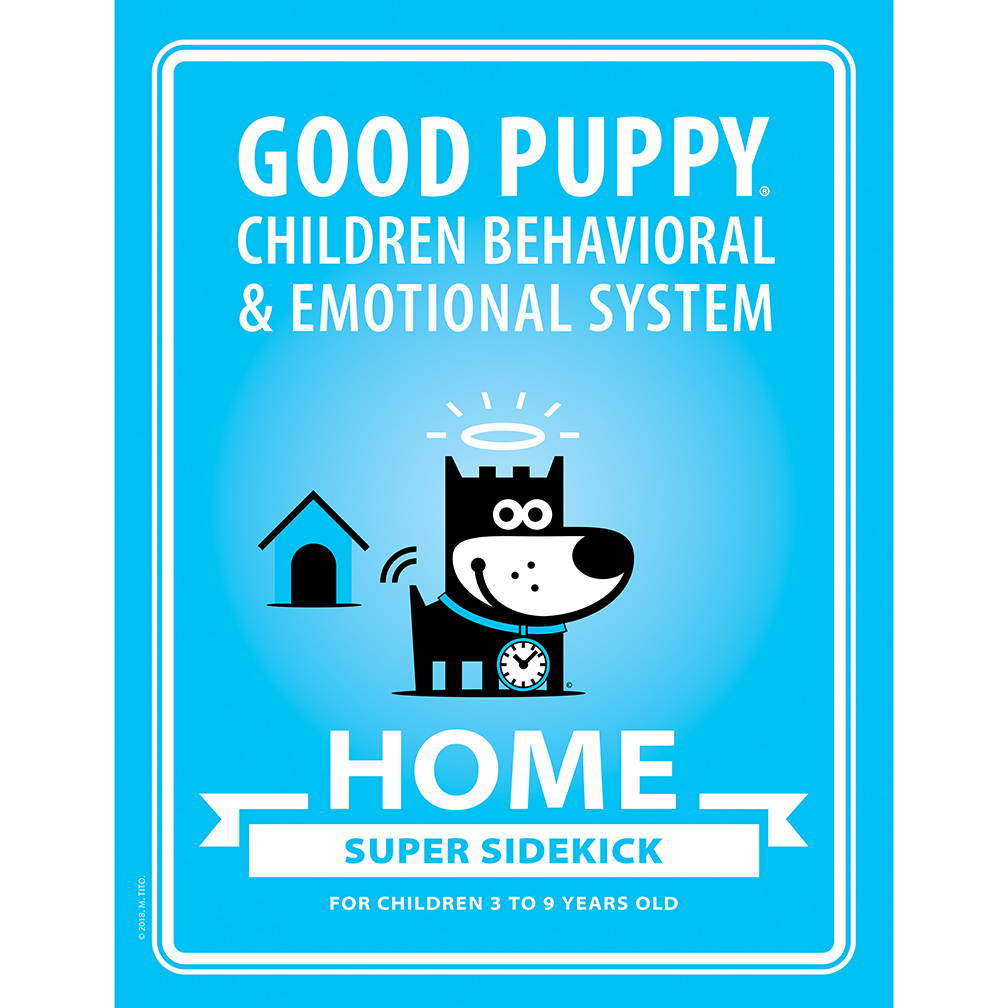
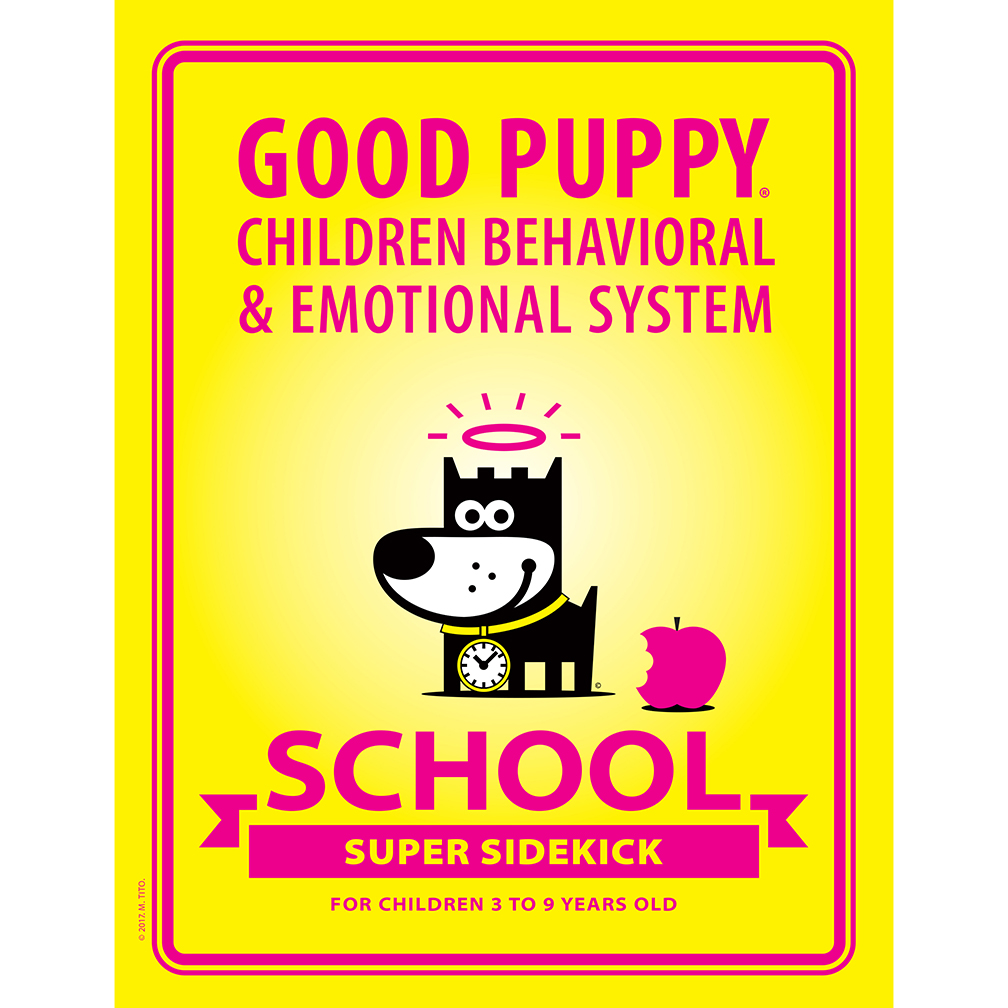
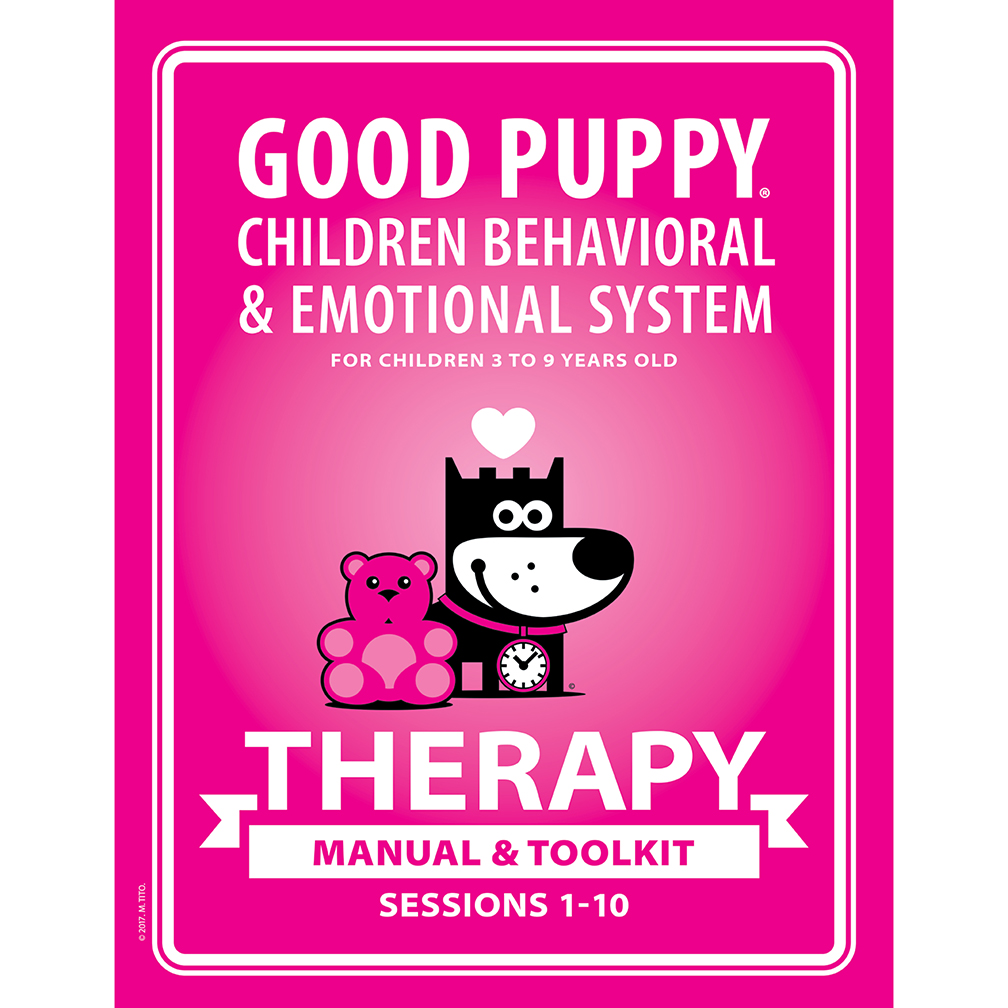
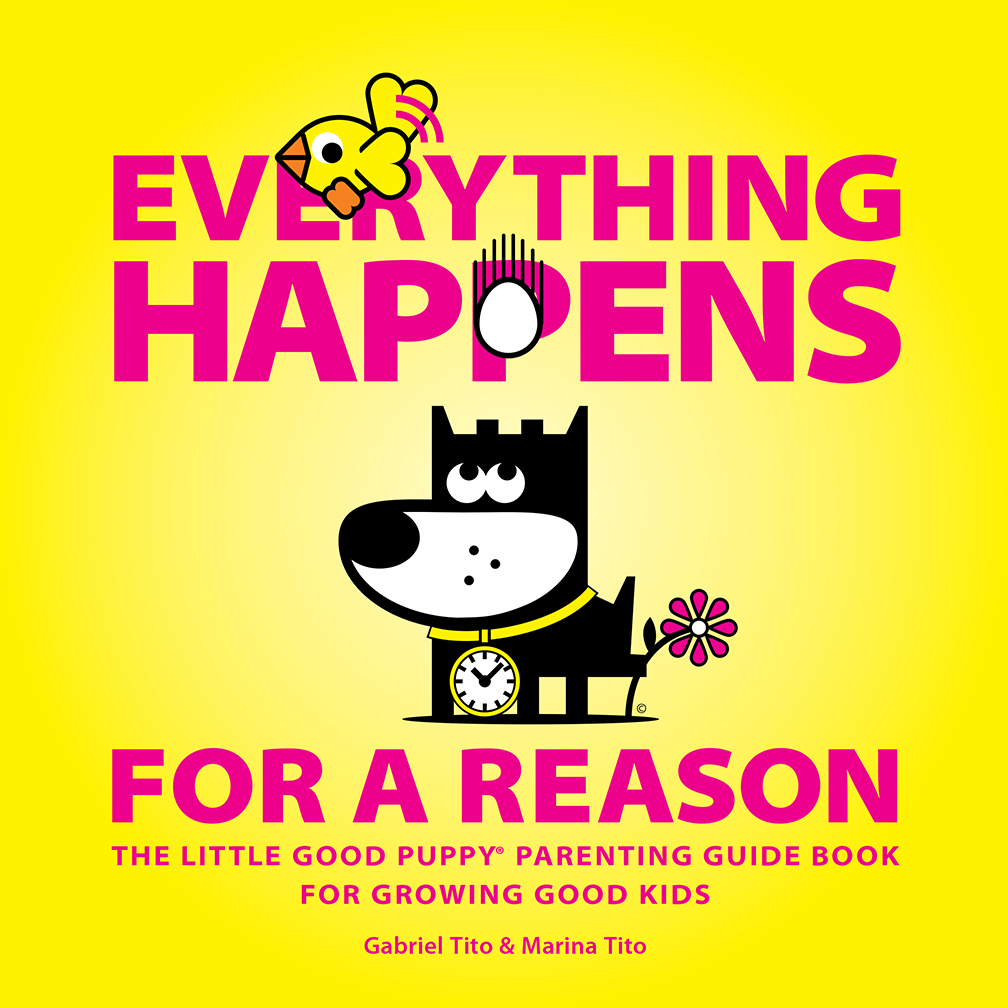

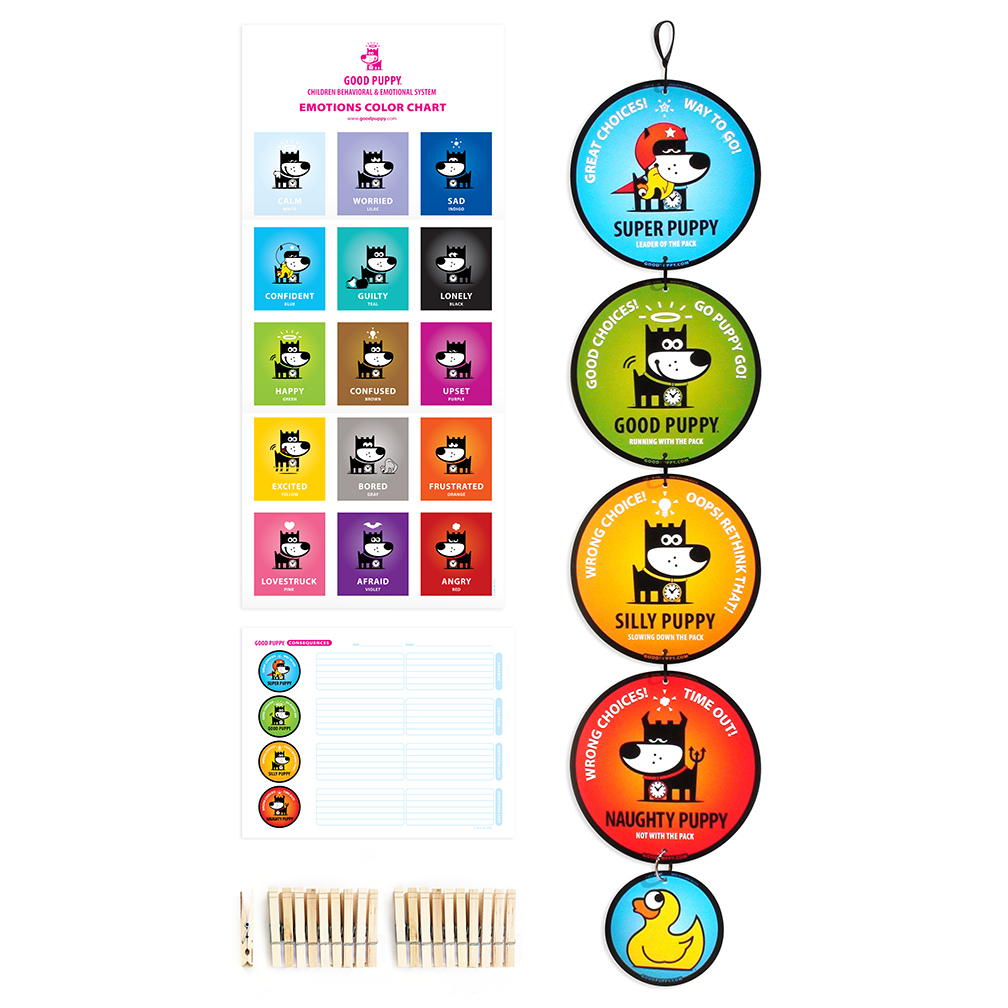
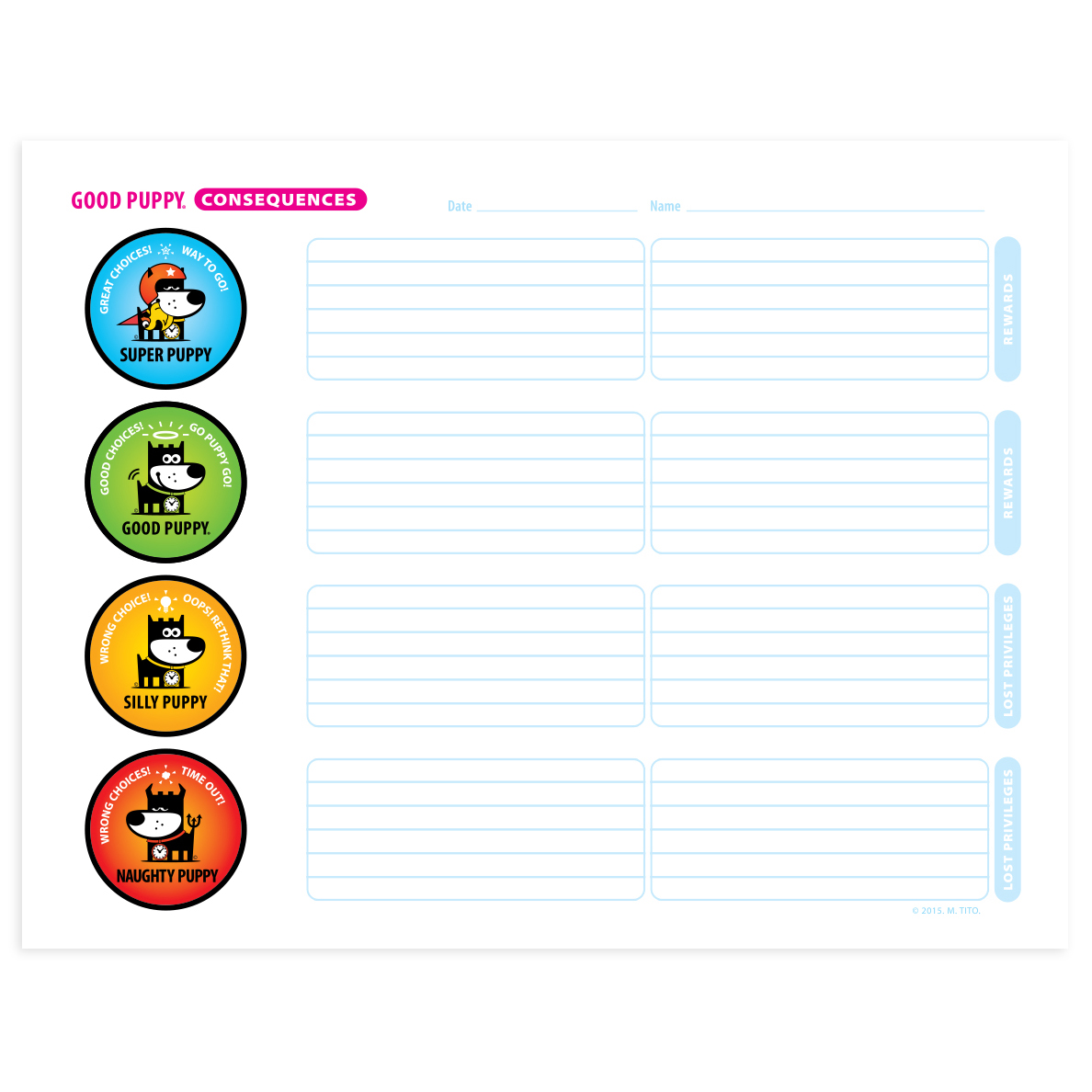
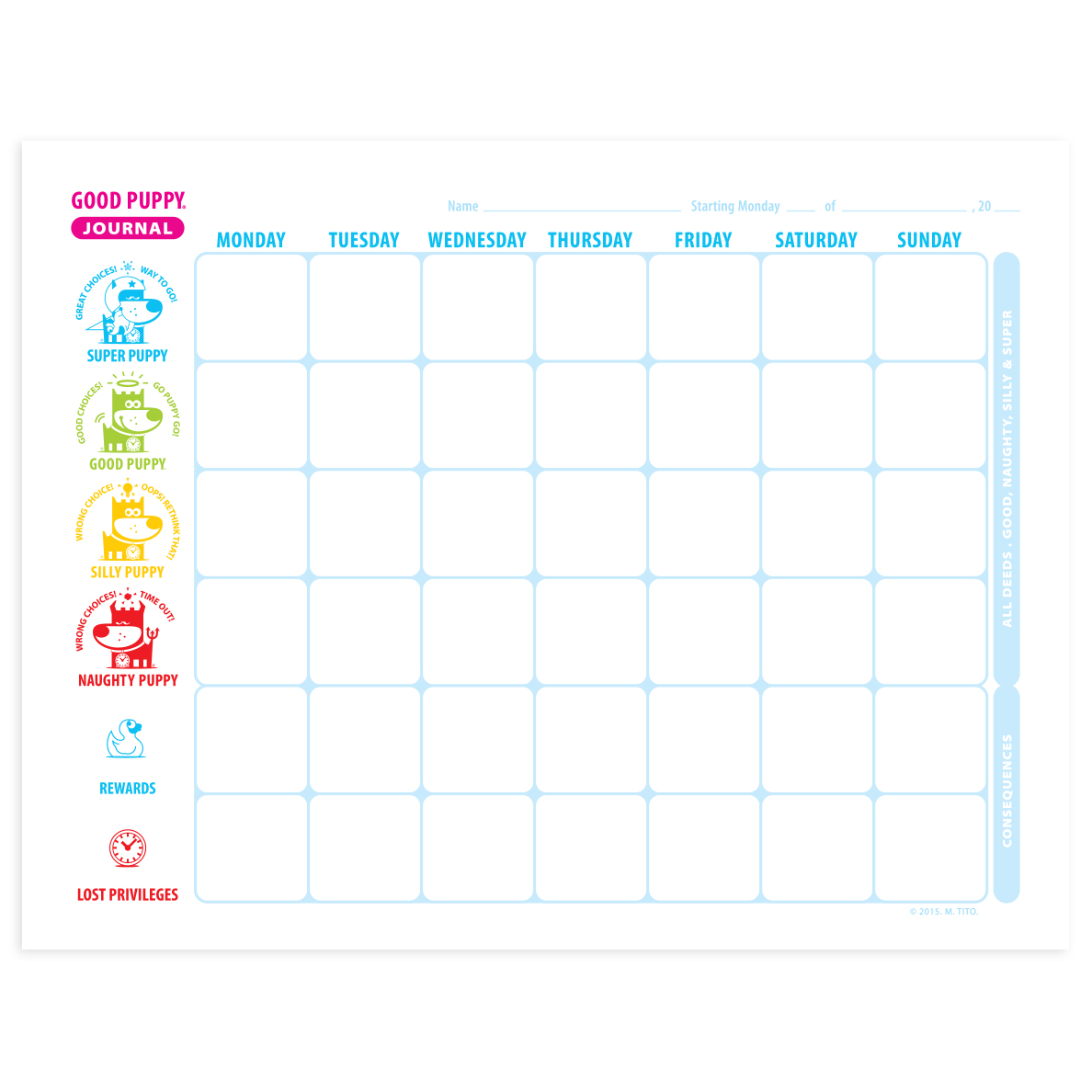

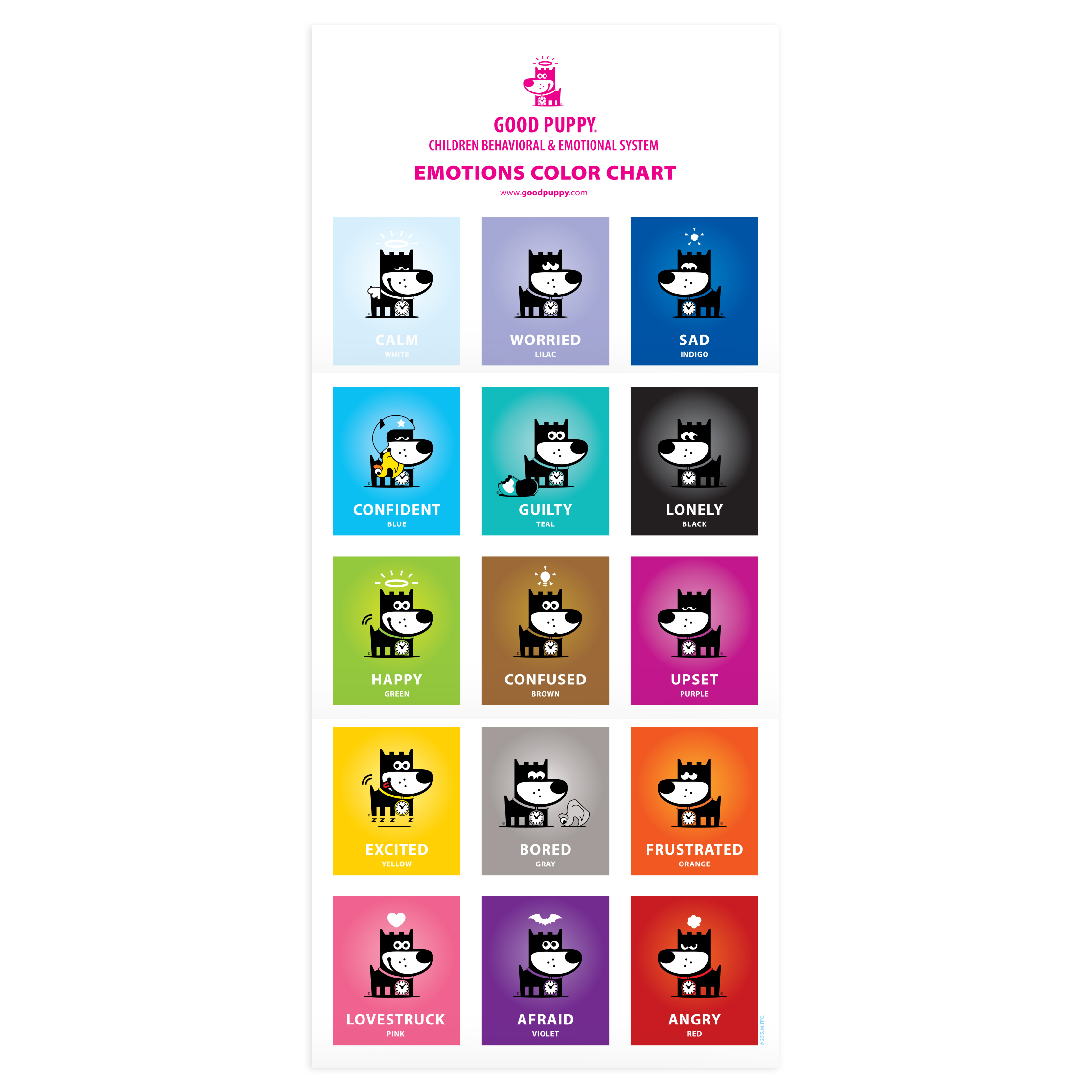
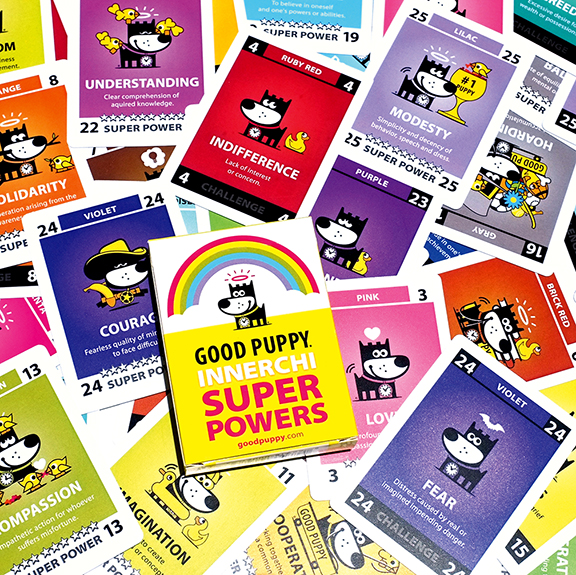


What Does It Take To Do A Good Parenting Job?
Just like any job, raising children comes with a list of requirements. These requirements allow for a positive parenting experience, beneficial to everyone. But while anyone may muster up some of these traits, it is mastering them that will turn them into parenting super powers.